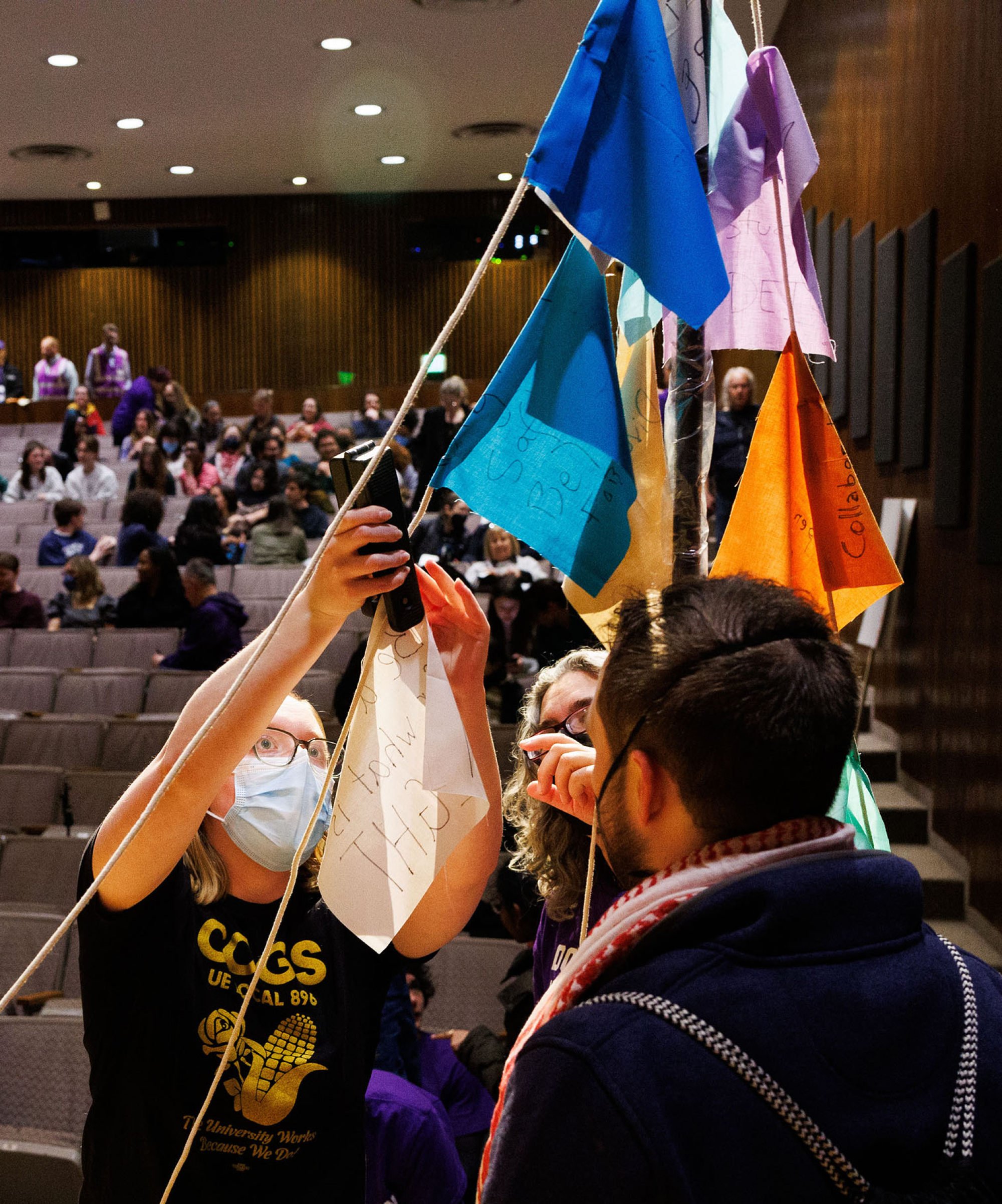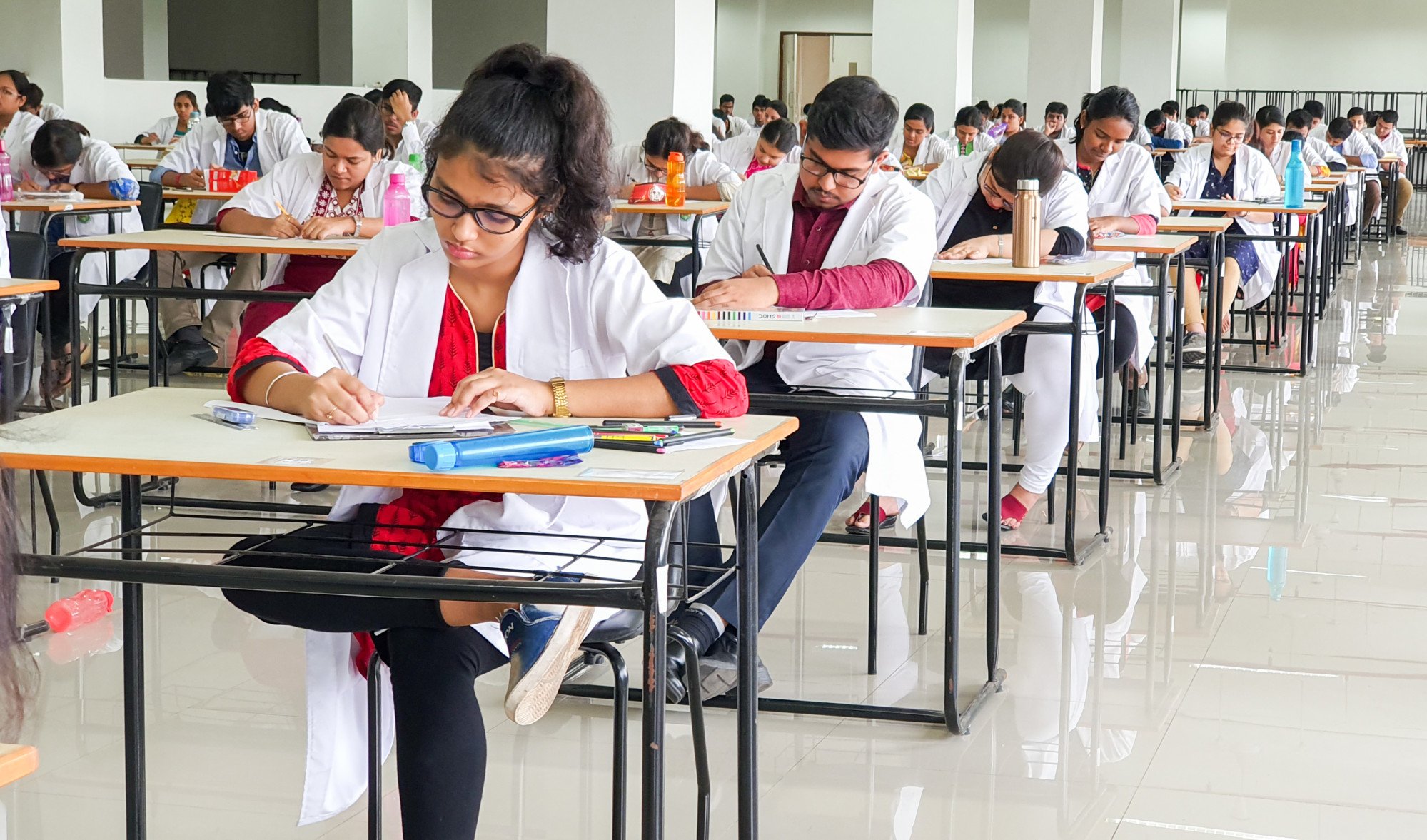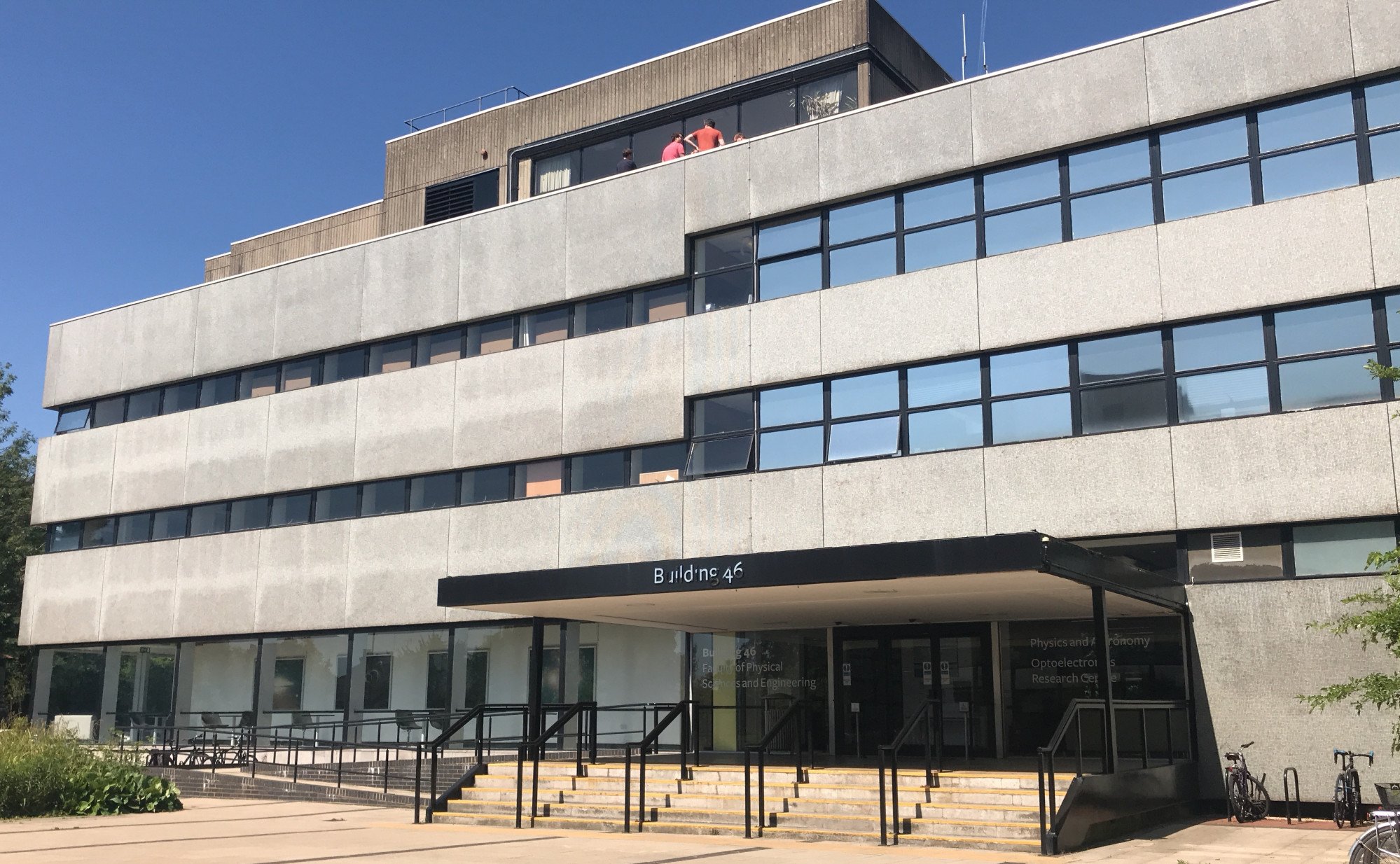Indian students rethink US study plans amid visa turmoil and safety concerns
Analysts say universities in Europe, Australia, Singapore and Hong Kong, as well as some local institutions stand to benefit

Ever since reports emerged about student visa cancellations in the United States, Delhi University undergraduate Radhakrishnan has been having second thoughts about pursuing higher studies there.
“What I feel is that during my father’s time, it was very lucrative to study in the US. They could get a visa quite easily. But things seem to have gone haywire,” the 19-year-old said.
He now plans to apply to one of India’s top management institutes for a master’s in business administration, and will consider a US programme only if that does not work out.
The abrupt cancellation of several foreign student visas, as well as a confrontation between President Donald Trump’s administration and prominent American research universities that have raised issues about funding, have sparked concern among Indian students.
Indian students accounted for the largest share of international enrolments at US universities for the 2024–25 school year, making up 29.4 per cent. India also retained its position as the top source of international graduate students in the US for the second consecutive year.

But many students now say that they prefer to pursue their ambitions at home and, even if they go abroad, will return after a short stint.
Numerous foreign students in the US have been subject to visa cancellations and asked to self-deport in recent months. The reasons given included taking part in protests, such as those expressing support for Palestinians in the Israel-Gaza war, but also relatively minor infractions like speeding tickets.
Most students said that, if targeted, seeking redress through legal systems was not really an option because they would not be able to afford the expense on top of paying for university.
While they acknowledge that a US degree could offer a competitive edge globally, the increasingly tense climate has made them more cautious about their choices.
Europe, Australia, Singapore and Hong Kong stand to gain as Indian students widen their overseas searches, but local universities that offer a high quality of education may also benefit from the trend, experts say.
Soumya Shukla, an associate professor in Delhi University, said that the environment in the US would only reinforce a trend she has observed over the past two to three years of students opting to stay in India rather than go abroad.
“Things may not be as rosy in the US as it might seem. Some students who have gone there for studies have later had to pick up unskilled jobs. You don’t get a direct job placement unless you have a qualification from an Ivy League college,” she said.

Many were unwilling to bear the significantly higher cost of overseas study at a time when securing a job in the country had become tougher, she added.
While students pay a total of between US$200 and US$10,000 for a university degree programme in India, those wanting to study at an elite US college can expect to fork out about US$50,000 per academic year for a four-year programme – a huge chunk of savings for a middle-class Indian family.
The number of students in higher education in India is expected to more than double to 92 million in the financial year 2035 from around 40 million in the financial year 2020, according to data gathering platform Statista.
However, those looking to study at home will have to take into account the fact that many local colleges are overcrowded, dampening the quality of education. Few Indian institutions rank among the world’s top and the curriculum often falls short of industry needs, according to a report by international consultancy EY.
Despite these challenges, some students are optimistic about pursuing their ambitions in India as the country’s economy has consistently ranked as one of the fastest growing – meaning more jobs for the well-qualified.
Delhi University undergraduate Pratyush Taing, 20, has dropped his ambition of higher studies at a US Ivy League College because he is worried about safety due to reports about the anti-immigration policies.
“When someone is coming from so far away to study, they want a safe environment,” he said.
In addition, options for quality education were opening up in India, he said.
Wider options
Two years ago, India’s University Grants Commission announced it was allowing foreign universities to set up and operate campuses throughout the country.
In August last year, the UK’s University of Southampton became the first foreign university to set up an offshore campus in India under the new national education policy.
Experts say a number of home-grown private institutions, such as Ashoka University and O.P. Jindal Global University, have also developed a reputation for offering a global-level education, increasing options for students.

Harsh Pant, an international relations professor in King’s College London, said that universities in Europe, Australia and Singapore may benefit from a higher intake of Indian students due to the uncertainty among students about the US.
At the same time, he said the sheer size of the US and its education system would be hard to beat. “Once things settle down, I do think the diversion from the US will be smaller,” he said.
An Indian student admitted to a computer software engineering course in San Jose, California, starting in August says he has no plans to change course despite recent visa concerns.
“I know someone whose visa was cancelled because he participated in a protest. But if you are studying and not taking part in any such activity, then I don’t think it would affect you,” said the student, who wished to remain anonymous.
The US offered more scope for cutting edge technology education and research, he added.
After working there for two to three years, though, he plans to return to India to support his parents as well as take advantage of the availability of well-paid jobs.